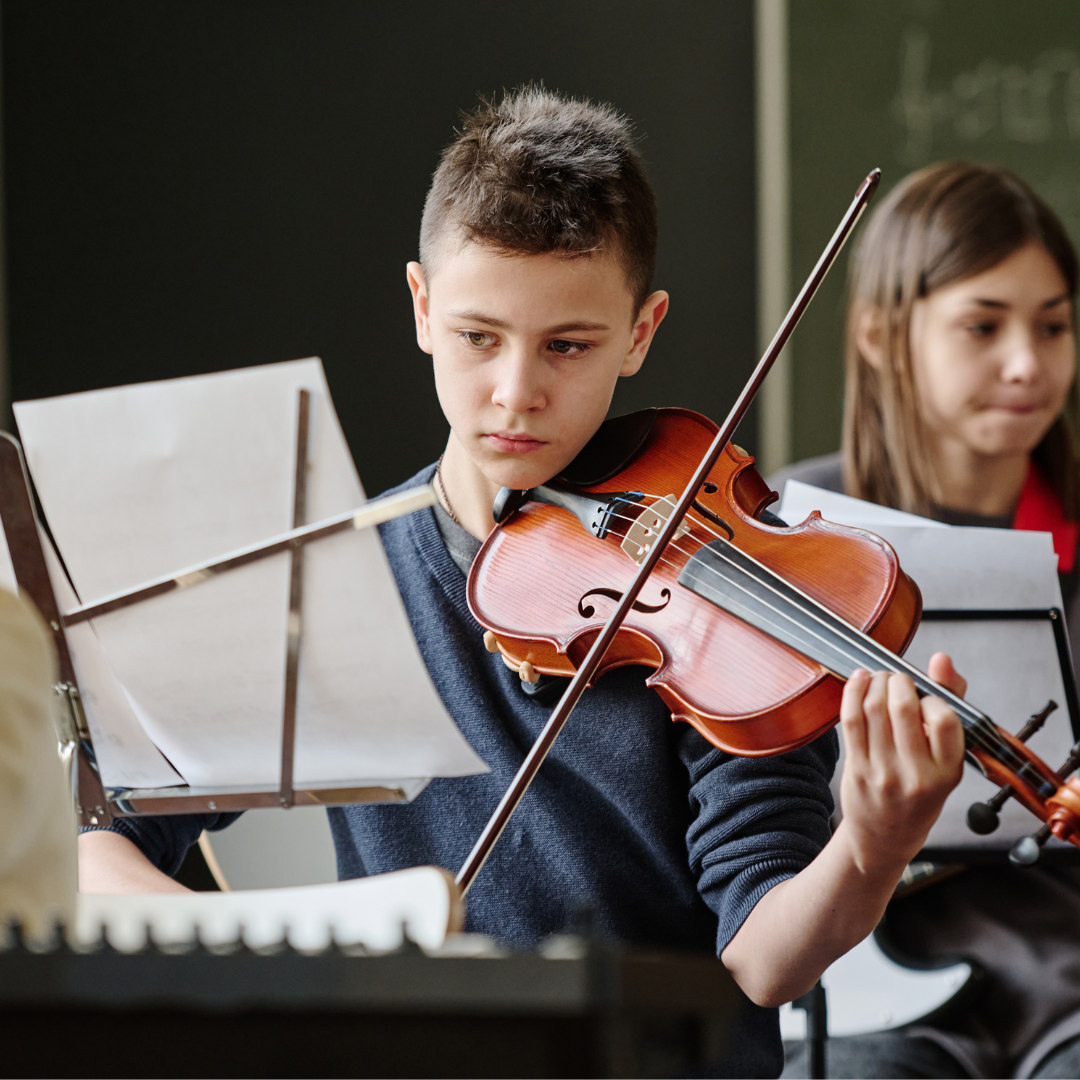Advocacy starts with the student
As we focus on advocacy in music education, it’s worth remembering this: advocacy doesn’t begin with big campaigns or public performances. It begins with the student. With their reasons for making music. With the shifting motivations that grow and change alongside their lives.
Whether we’re working in a classroom, a rehearsal space or a private lesson, it’s easy to focus on content, repertoire and practise. But students don’t arrive as blank slates. They bring with them family responsibilities, school stress, mental health challenges, and complex social worlds. These all shape how they turn up for music learning and how they engage with it.
Understanding what else might be going on means building trust and asking with care. It’s not about prying, but about noticing changes, checking in, and gently creating space for honest conversations when appropriate. When we listen well, we teach better.
A student might begin music learning because their friends are doing it, because their parents encouraged them, or simply because it felt fun. As they grow physically, emotionally, socially, those reasons often shift. Some might deepen their connection to music, while others move in new directions. Our role isn’t to hold them to a fixed path, but to support their journey, wherever it leads.
This is what meaningful advocacy looks like. It’s rooted in relationship. It values the whole person. And it sees music learning not as a separate pursuit, but as part of a much bigger life.

